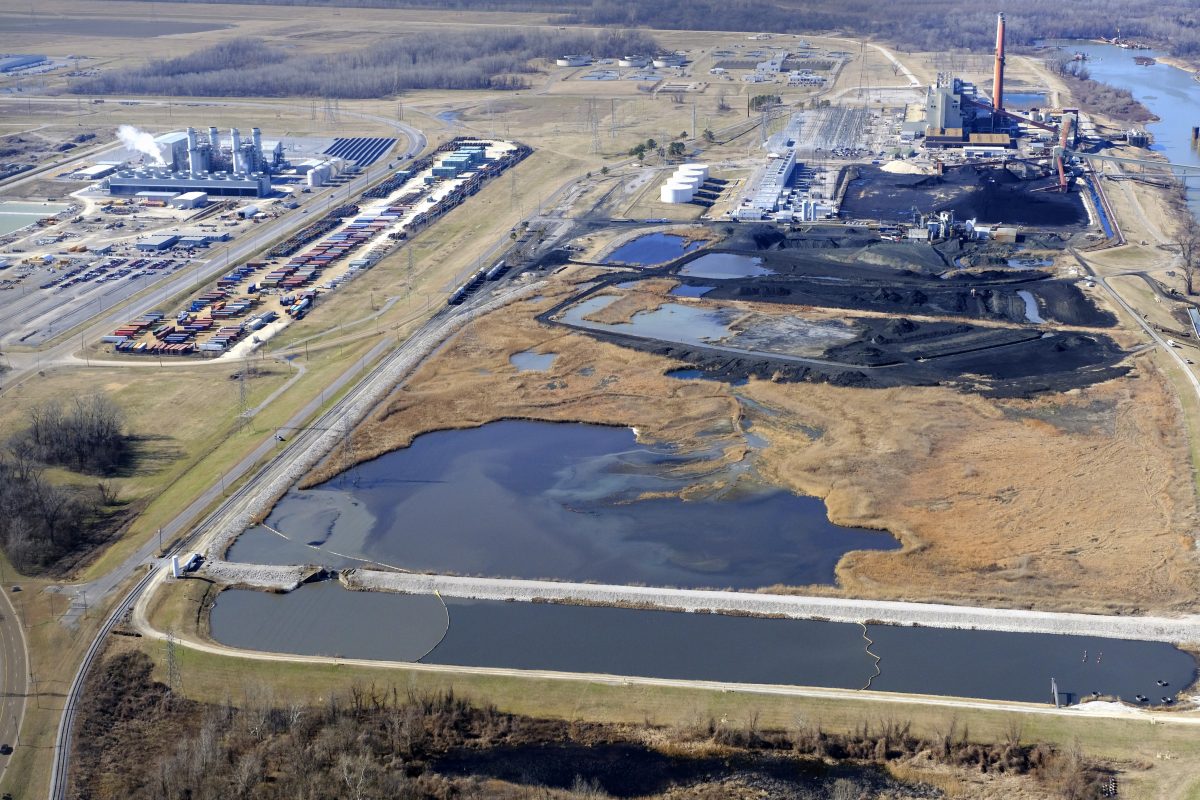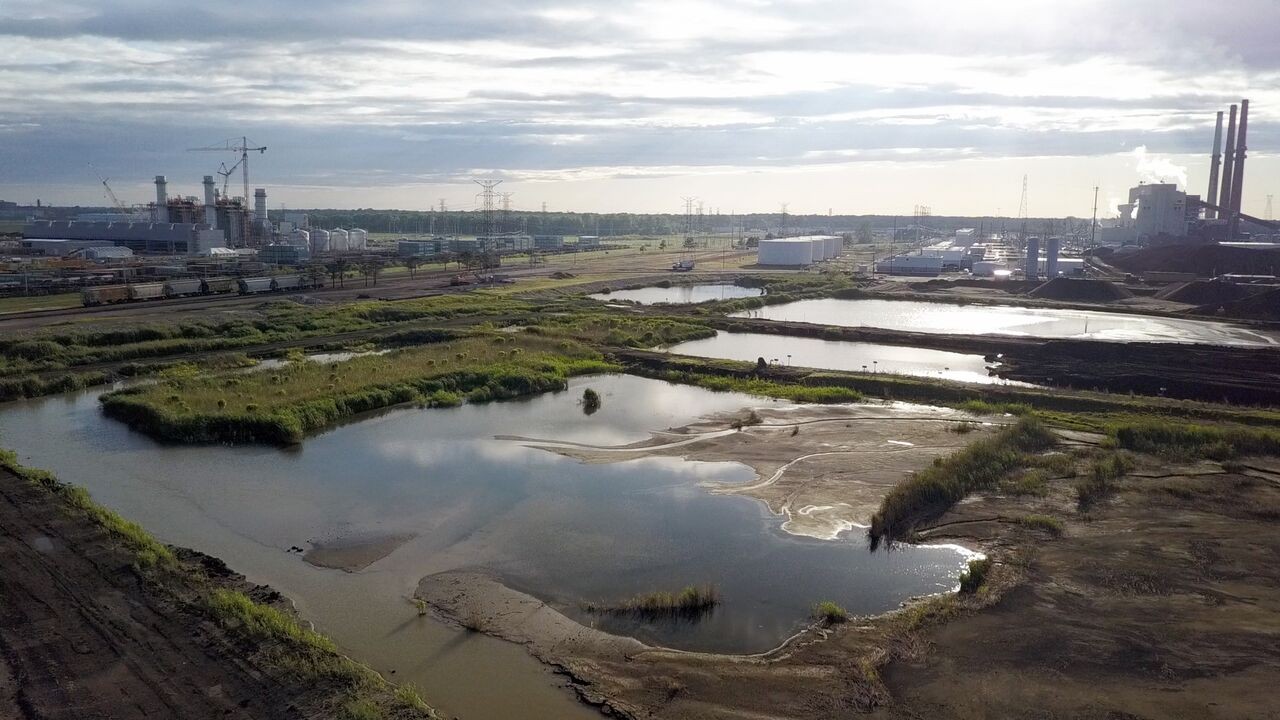A new coalition launched last week urging the Tennessee Valley Authority (TVA) toward a fossil-fuel-free future by 2030, but the provider aims to get there by 2050 to ensure low-cost and reliable energy.
Dozens of organizations formed the Clean Up TVA Coalition (CUTC) last week. It includes environmental, social justice, and political groups like the Memphis NAACP, Southern Alliance for Clean Energy (SACE), the Sierra Club, Tennessee Interfaith Power & Light, the Center for Biological Diversity, and more
They formed CUTC in response to TVA’s move to replace coal-fired power plants in Kingston (East Tennessee) and Cumberland City (Middle Tennessee) with a new methane gas plant and 149 miles of new gas pipeline. Instead of investing in gas, the group wants TVA to invest in clean energy solutions to replace the coal plants.
“TVA is too reliant on fossil fuel energy and plans to continue to generate millions of tons of carbon,” said Pearl Walker, co-chair of the Memphis NAACP Environmental Justice Committee. “Households in the TVA footprint — especially Black, Brown, and low-wealth communities — will continue to be disproportionately burdened by high utility bills and dirty energy.”
In May 2021, TVA board members endorsed a plan to move toward net-zero emissions by 2050. The power agency has cut its carbon emissions by 63 percent since 2005. To get there, it added 1,600 megawatts of new nuclear capacity (the most of any utility in the nation, TVA said), added 1,600 megawatts of wind and solar capacity, planned to retire 8,600 megawatts of coal capacity by 2023, and invested more than $400 million to promote energy efficiency.
“The steps we’ve already taken operationally and financially have created a strong foundation for supplying cleaner energy without impacting reliability or low cost,” said Jeff Lyash, TVA president and CEO. “TVA is an industry leader in carbon reduction, but we aren’t satisfied. We are focused on increasing carbon reduction while maintaining our commitment to the low-cost, reliable energy our customers expect and deserve.”
TVA is on the path to cut carbon by 80 percent by 2035 without impacting TVA’s reliability or costs, Lyash said. It expects to retire all of its coal plants that year, using natural gas facilities as a “bridging strategy to effectively allow the addition of more renewable energy without impacting system reliability.”
But to get to net-zero carbon emissions will take new developments like energy storage systems, carbon capture, and advanced nuclear solutions.
President Joe Biden wants carbon-free electricity by 2035, according to an executive order he issued in December. Federal operations and federal procurements will be carbon-free by 2050, under Biden’s order.



